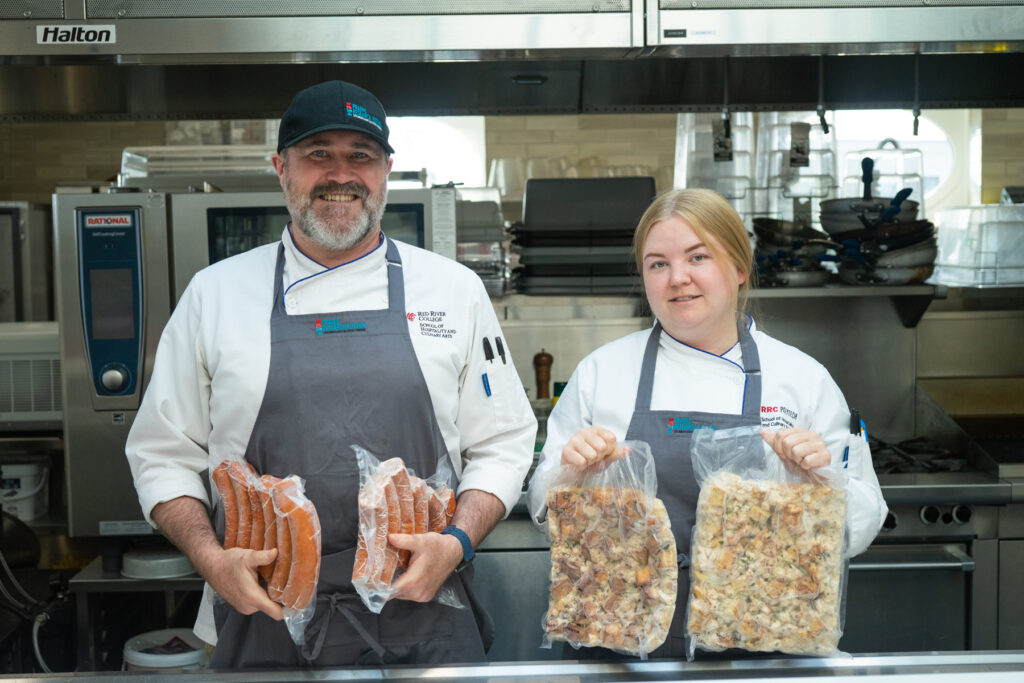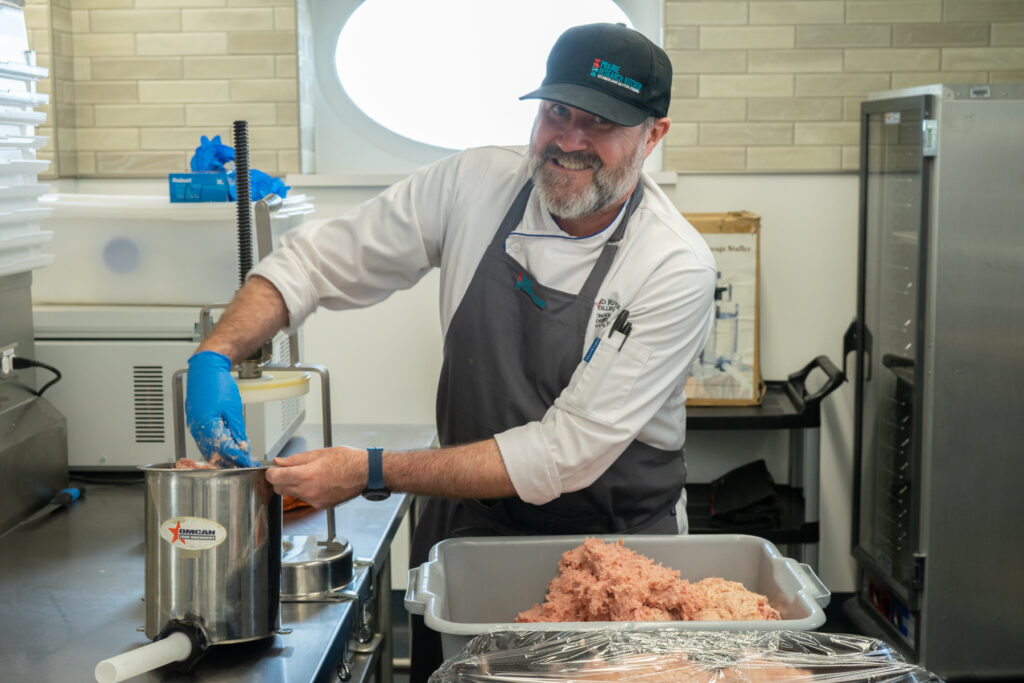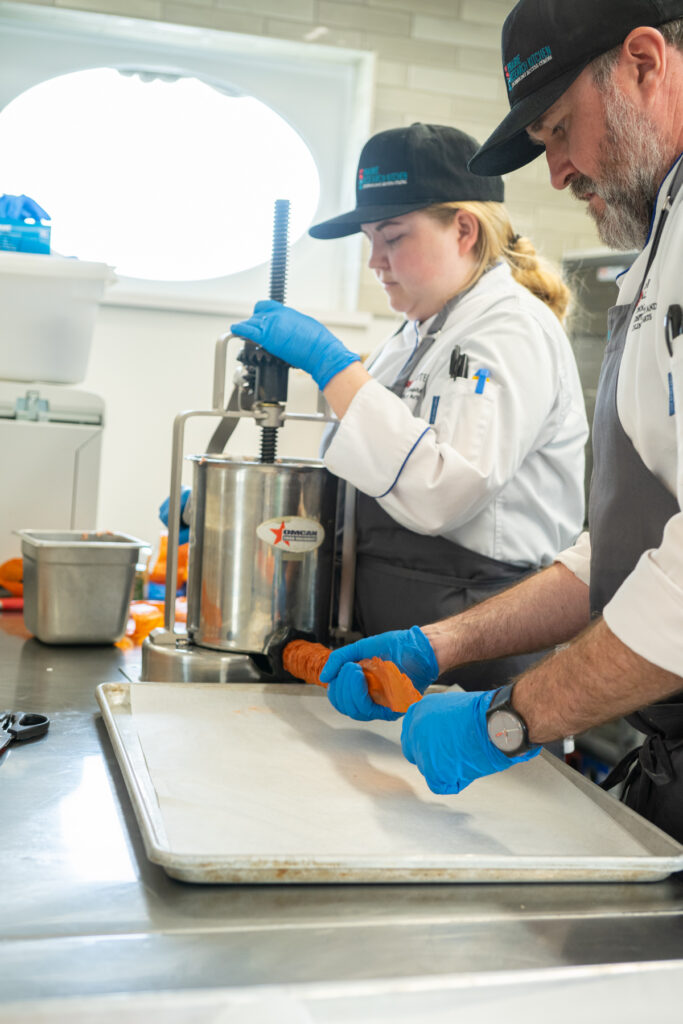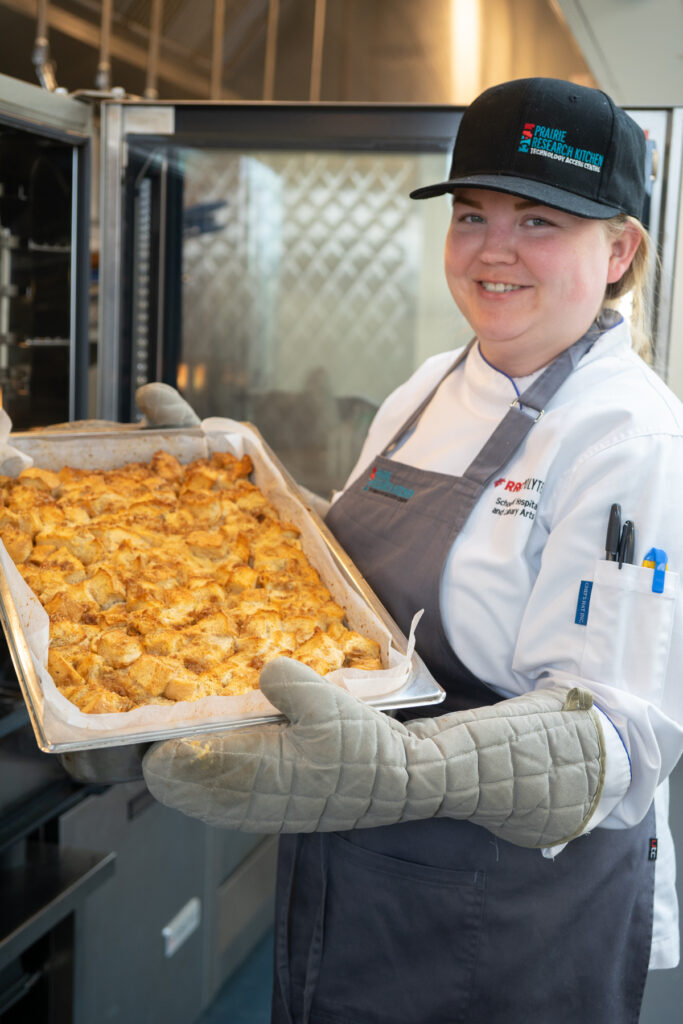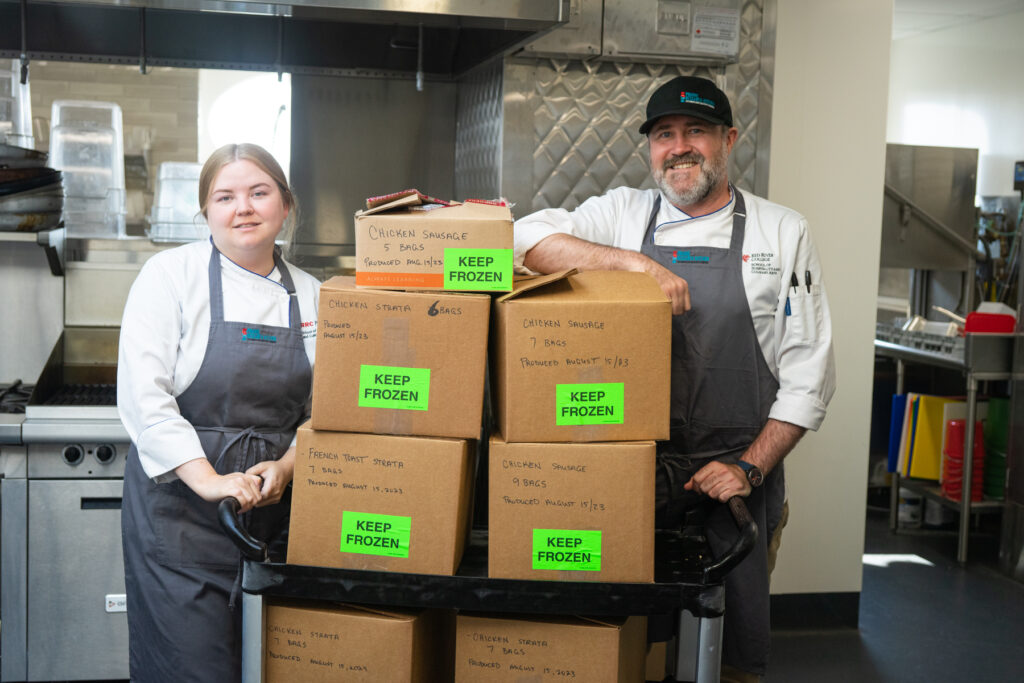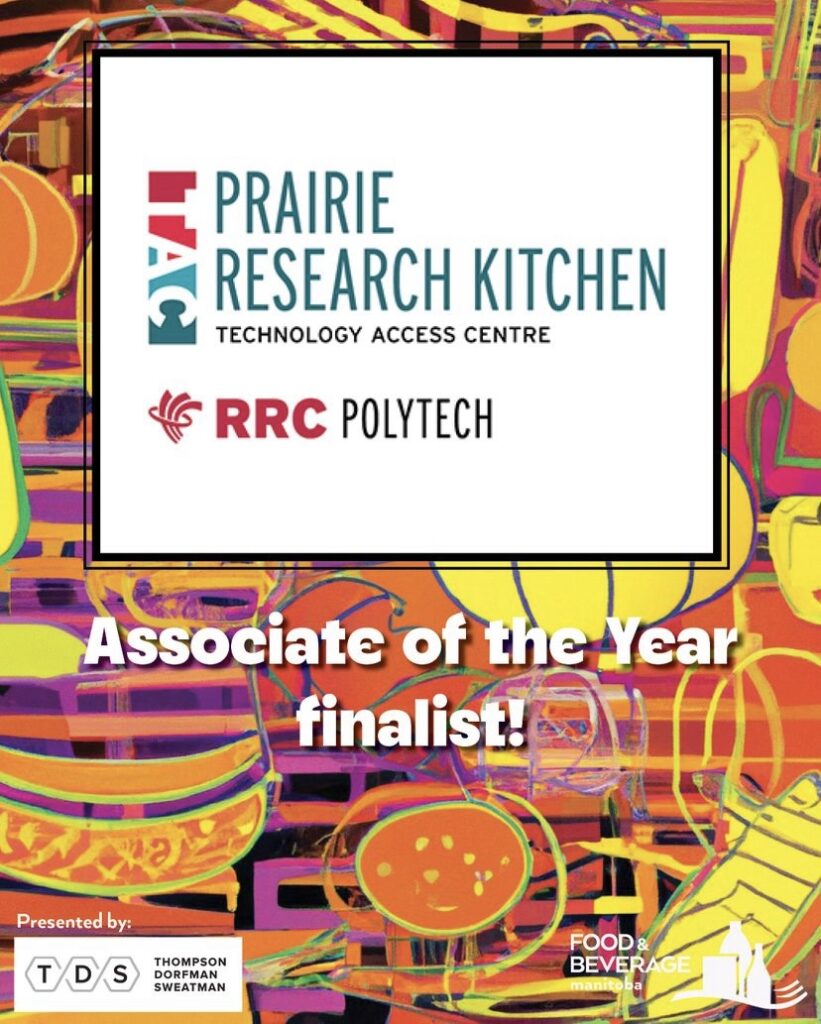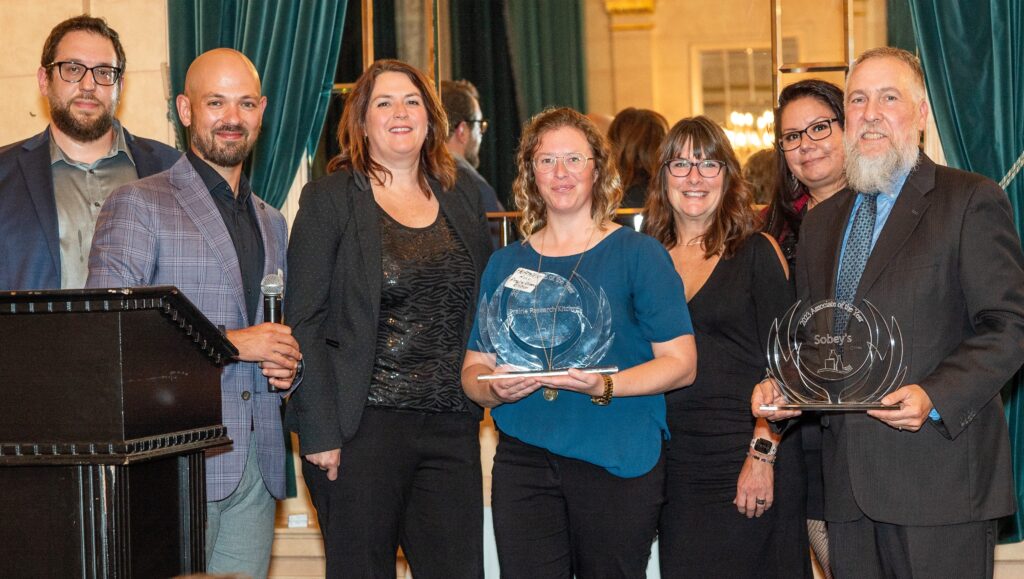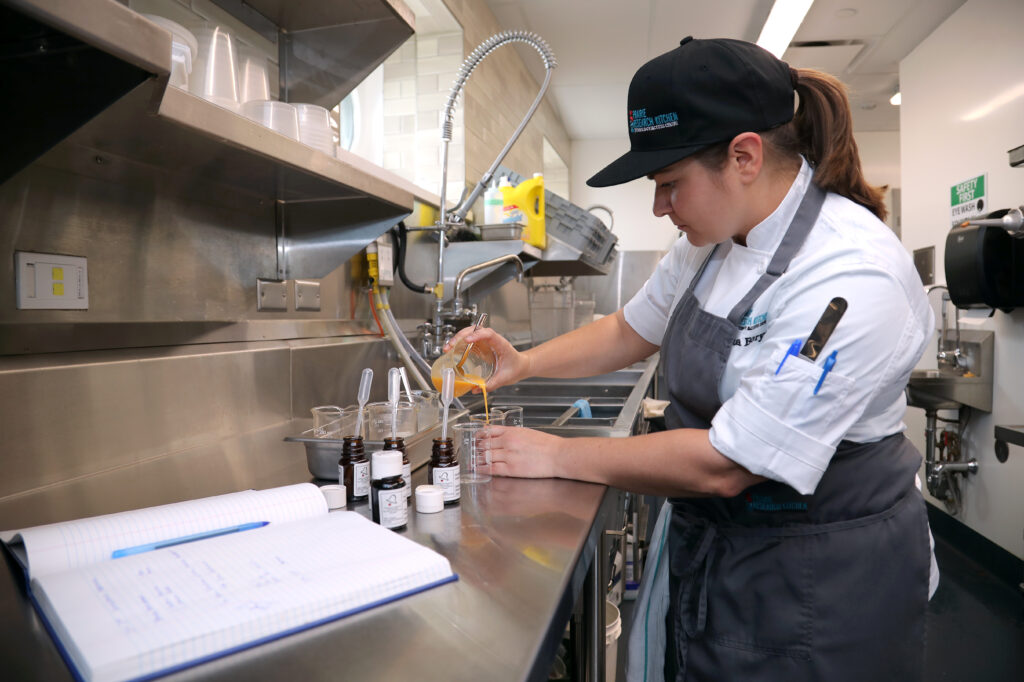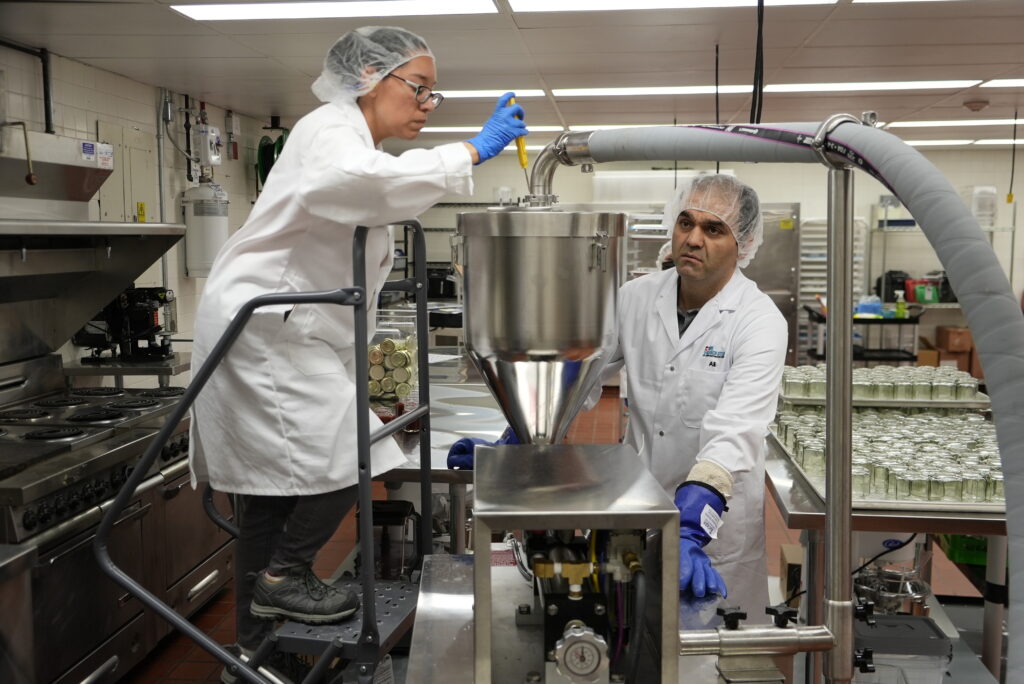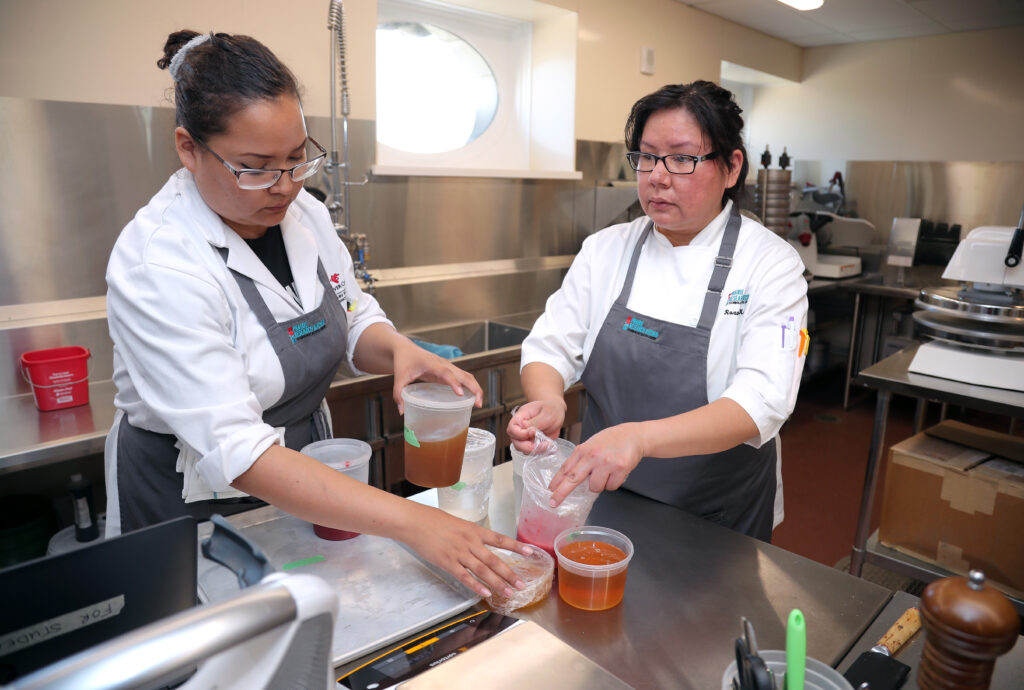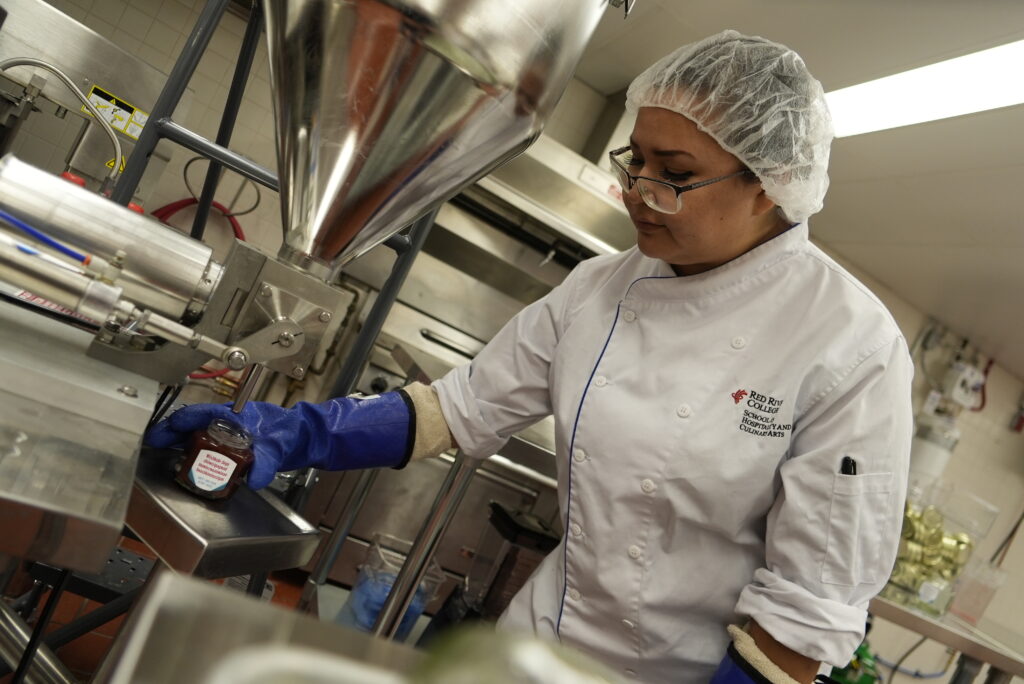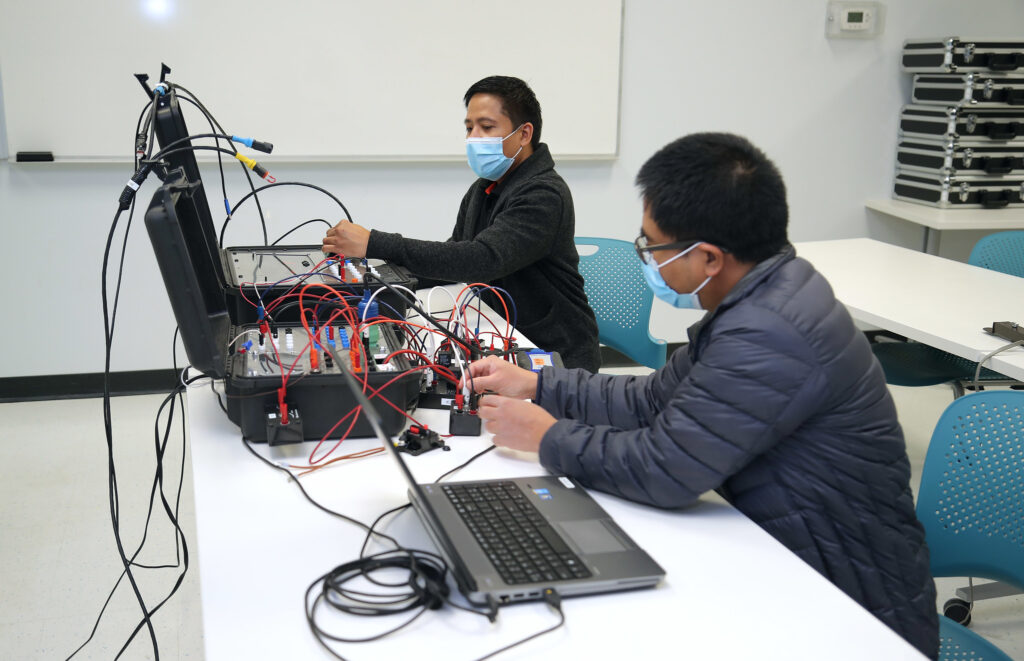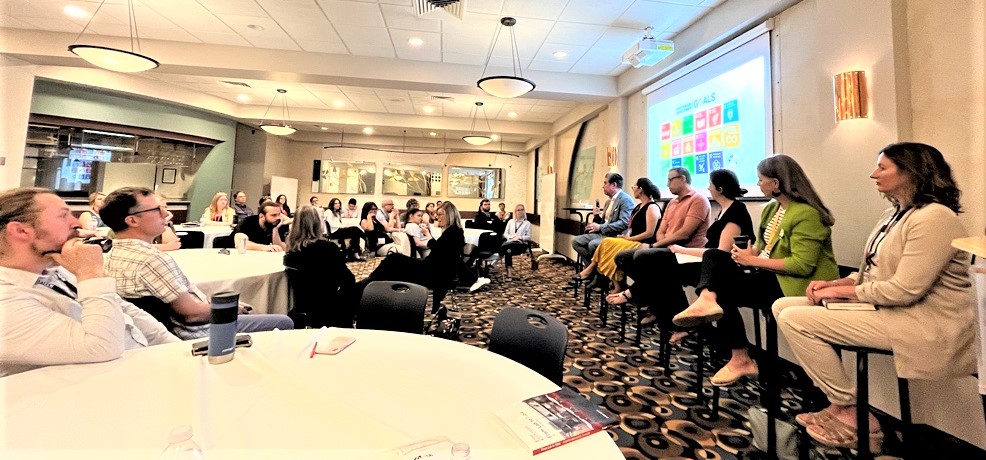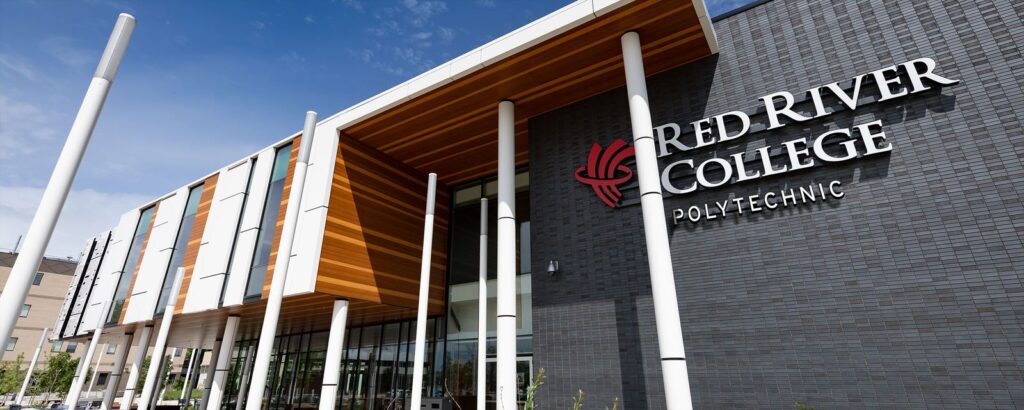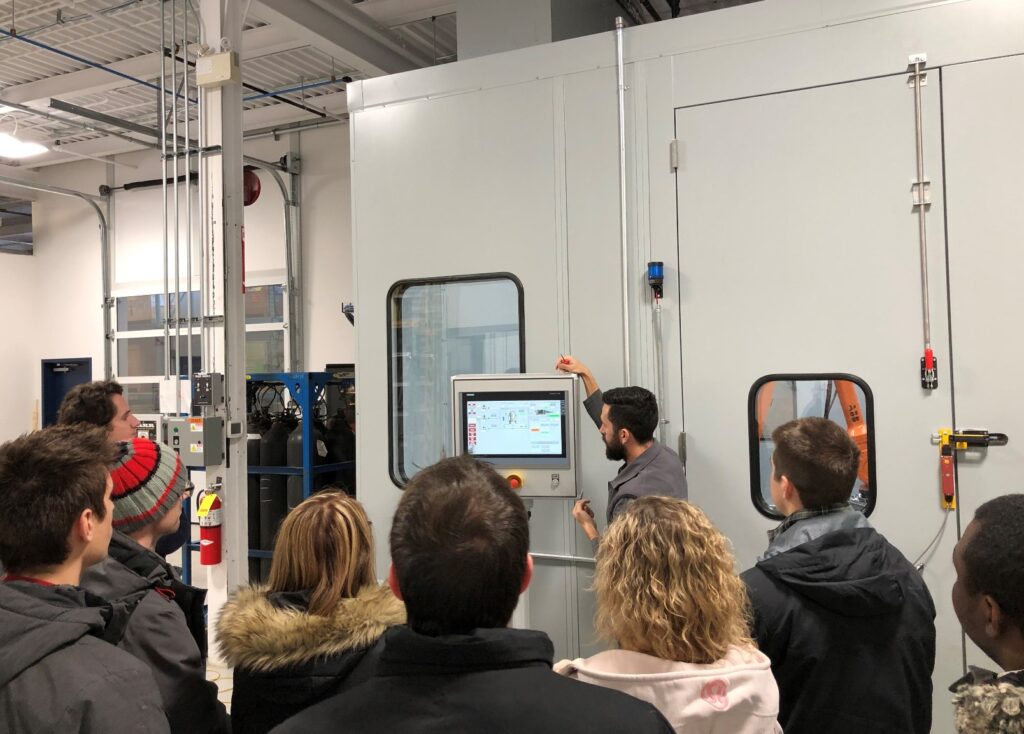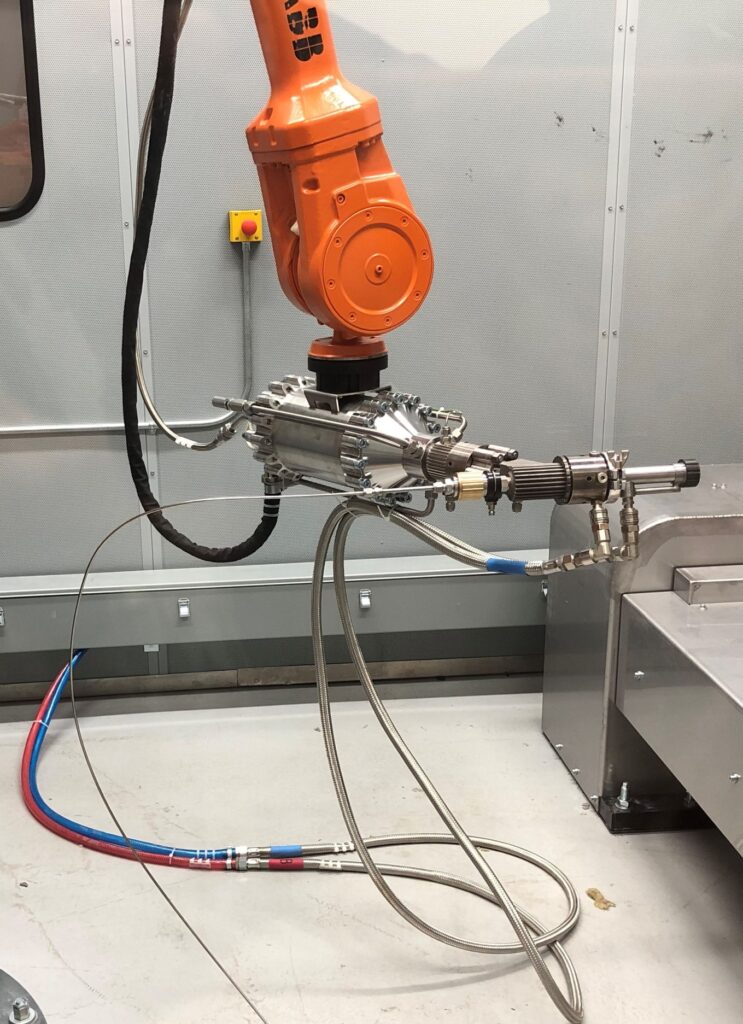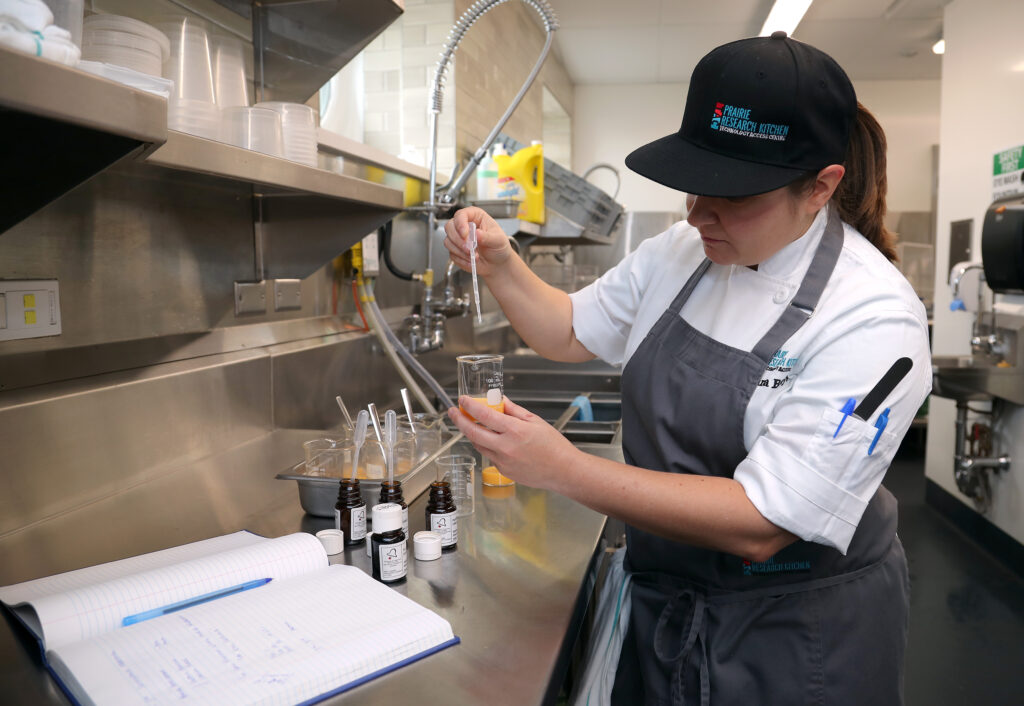RRC Polytech’s new TACAM Director seeks to reach new heights of innovation in aerospace and manufacturing sectors

RRC Polytech’s Research, Partnerships and Innovation team is pleased to announce Dr. Janfizza Bukhari as the new Director of the Technology Access Center for Aerospace and Manufacturing (TACAM).
Dr. Bukhari will lead RRC Polytech towards technological advancements and the application of applied research in aerospace and manufacturing. She holds a Ph.D. in Electronic Engineering from Dong-A University, South Korea and has experience of leading applied research projects in aerospace and energy systems.
Dr. Bukhari firmly believes in the power of collaboration and is eager to engage with industry leaders, academia, government agencies, and the community to create a thriving ecosystem for aerospace and manufacturing innovation at RRC Polytech. She believes in fostering a diverse and inclusive environment and aims to contribute to positive social change in the aerospace and manufacturing industry, and we are confident that her visionary leadership will enhance TACAM’s innovation and competitiveness here in Manitoba, and on a national scale.
Prior to joining TACAM, Dr. Bukhari has worked as a Postdoctoral Fellow at Mérida Labs at the University of British Columbia, where she has been actively engaged with leading industrial partnerships including Vancouver International Airport, Rogers Communications, IndroRobotics Inc., Canada Post and Honeywell, to advance research on cellular enabled unmanned aerial vehicles.
She has also recently contributed to a book on global sustainability, focusing on the research challenges and opportunities of zero-emission delivery for logistics and transportation.
Dr. Bukhari has prior experience of managing teams for developing solutions for remote monitoring of pipeline corrosion in real-time. Her work on an improved design of a prototype hand glove to translate sign language hand movements into speech, is a true demonstration of her dedication towards providing innovative solutions to the community.
We are pleased to welcome Dr. Bukhari to RRC Polytech’s RPI team and look forward to the leadership and exciting new opportunities she will bring to these important sectors in Manitoba.

